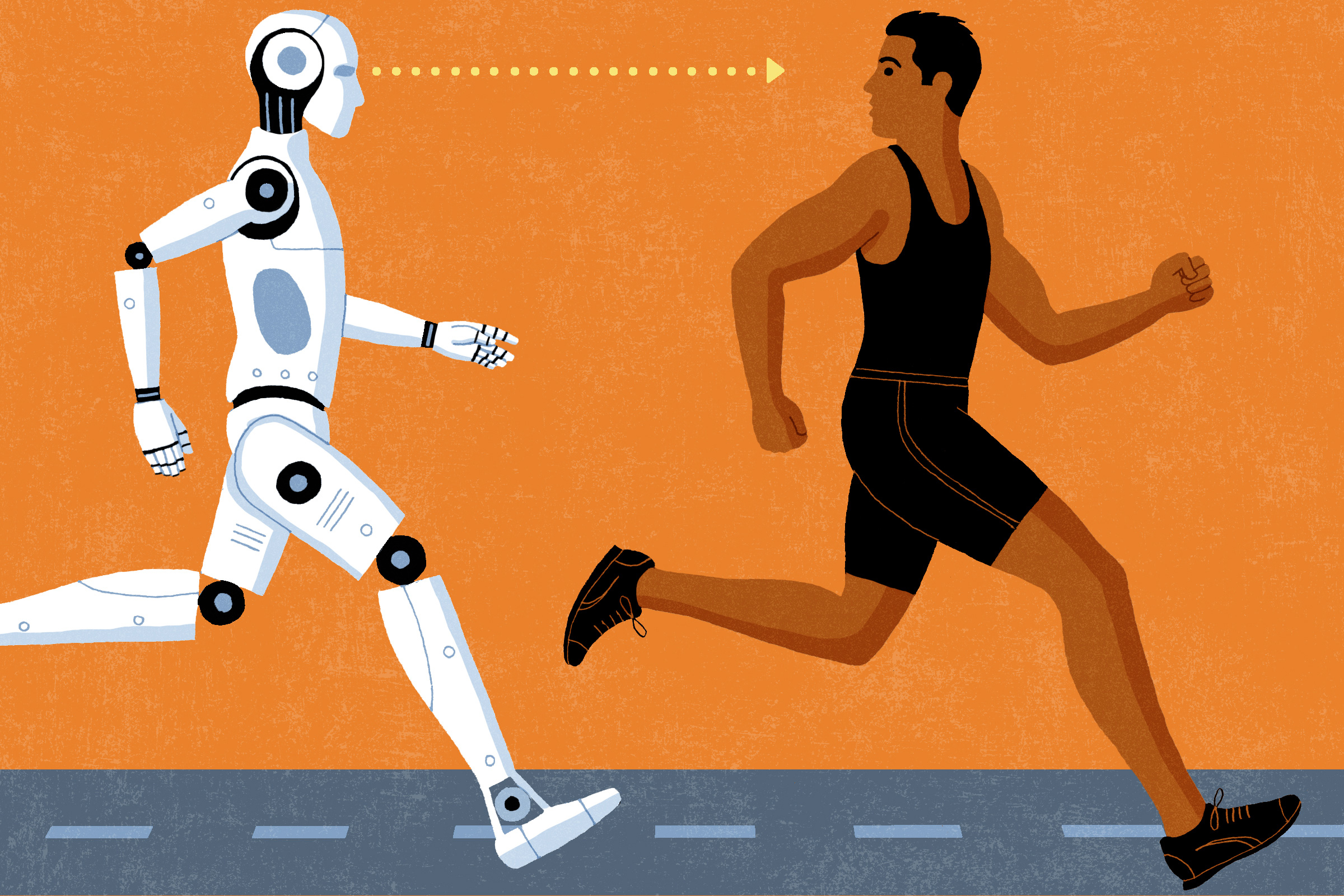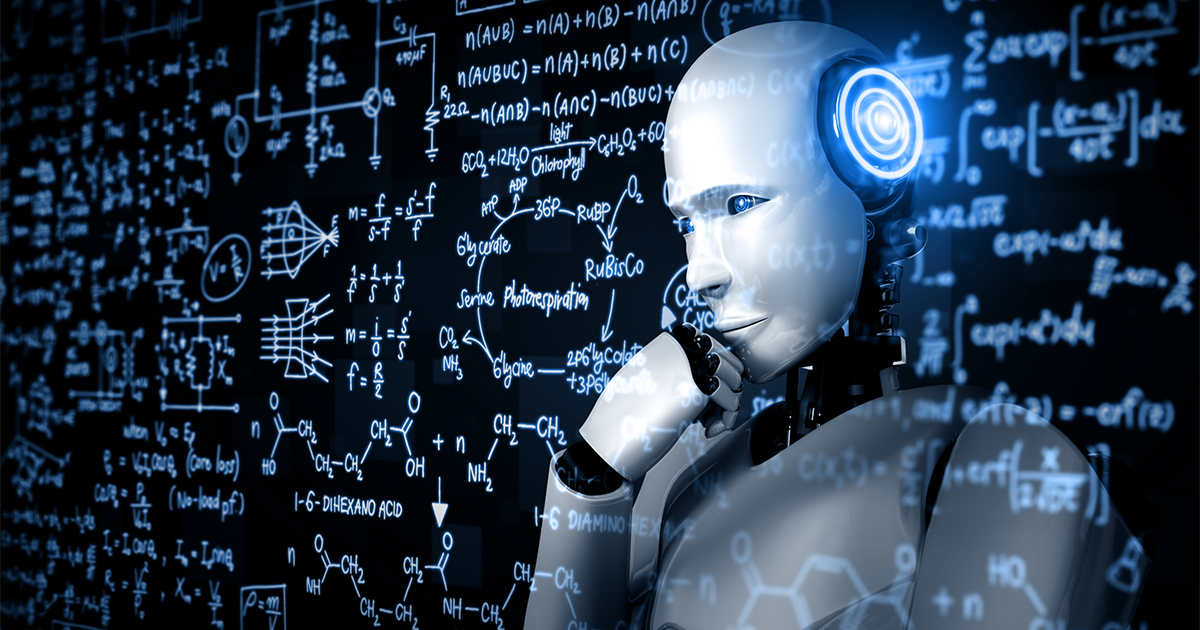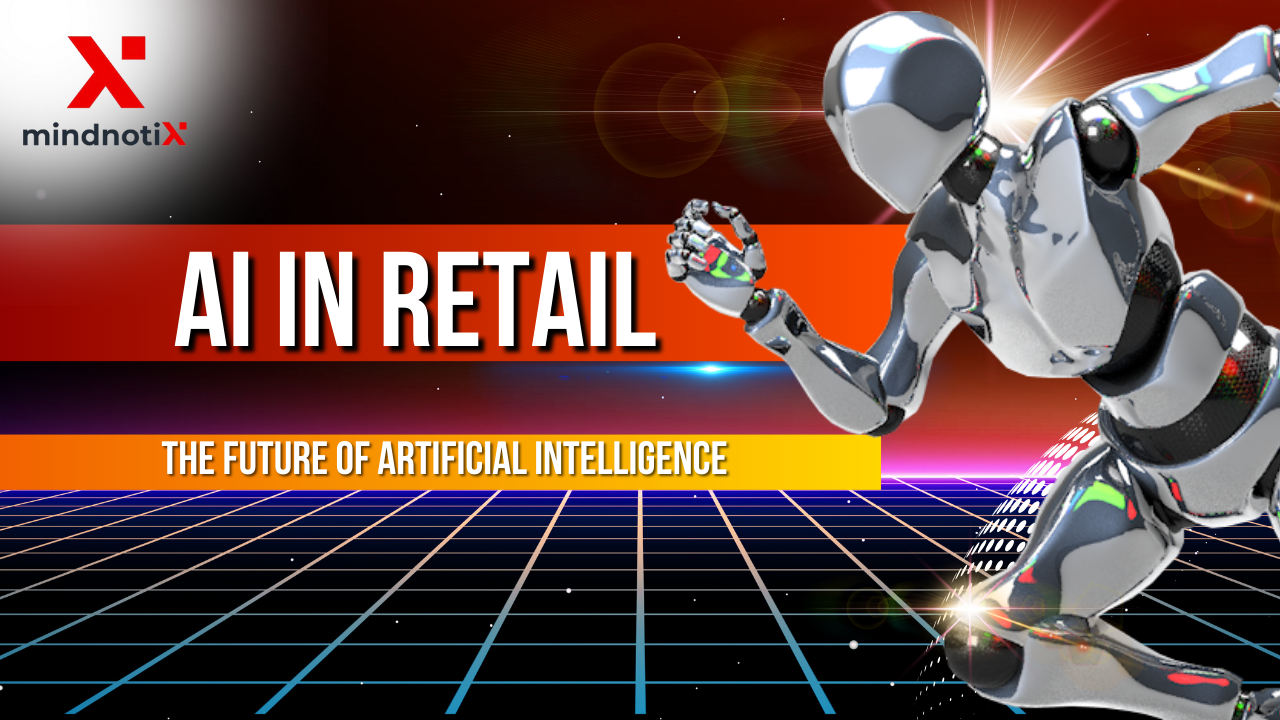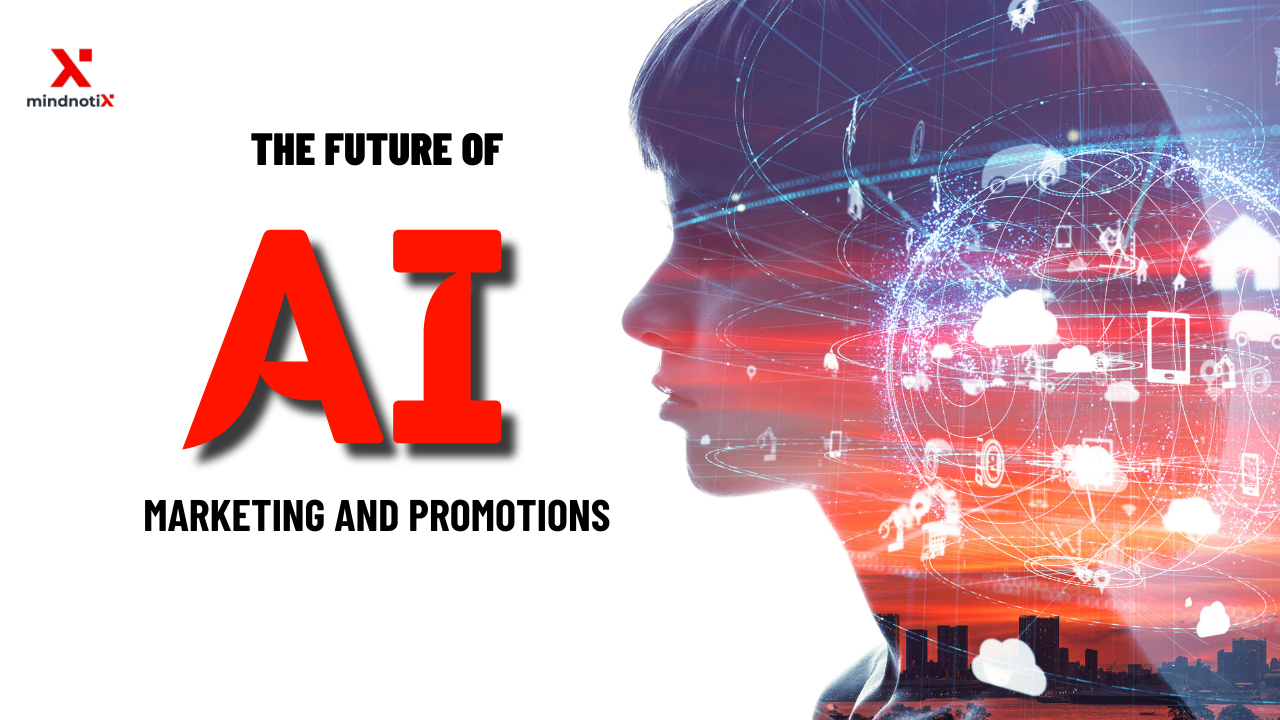Artificial intelligence (AI) has been a hot topic in recent years, and its impact on various industries is undeniable. One of the areas where AI is making a significant impact is in retail, where it's transforming the way businesses operate and interact with customers.But can AI outsmart humans, and what does that mean for the future of retail? Let's explore this question and the rise of intelligent retail.
The Current State of AI in Retail
AI is already being used in various ways in the retail industry. For example, it's being used to personalize the shopping experience for customers by making recommendations based on their browsing and purchasing history. AI is also being used to optimize supply chain management, inventory management, and pricing strategies.Moreover, AI-powered chatbots are being used to provide customer service, answer questions, and assist with purchases. These chatbots can handle a high volume of inquiries and provide quick and accurate responses, which can help improve customer satisfaction and reduce costs for businesses.
Can AI Outsmart Humans?
While AI has made significant strides in recent years, it's still not clear whether it can outsmart humans. AI systems are designed to process and analyze large amounts of data quickly and accurately, but they lack the ability to think creatively or make decisions based on emotions.However, AI systems are becoming increasingly sophisticated, and they are able to learn from data and improve their performance over time. This means that AI systems may be able to outperform humans in certain tasks, such as data analysis or pattern recognition.

The Rise of Intelligent Retail
The rise of intelligent retail is being driven by the increasing use of AI in the retail industry. Intelligent retail refers to the use of AI and other advanced technologies to create a more personalized and efficient shopping experience for customers.Intelligent retail can help businesses improve customer engagement, increase sales, and reduce costs. For example, AI-powered recommendation engines can help businesses increase sales by suggesting products that customers are likely to be interested in. AI can also help businesses reduce costs by optimizing supply chain management and inventory management.Moreover, intelligent retail can help businesses improve customer satisfaction by providing a more personalized and efficient shopping experience. For example, AI-powered chatbots can provide quick and accurate responses to customer inquiries, which can help improve customer satisfaction and reduce wait times.
The Benefits of AI in Retail
AI has the potential to bring numerous benefits to the retail industry, including:
- Personalization: AI can help businesses personalize the shopping experience for customers by making recommendations based on their browsing and purchasing history. This can help increase sales and improve customer satisfaction.
- Efficiency: AI can help businesses optimize supply chain management, inventory management, and pricing strategies. This can help reduce costs and improve efficiency.
- Customer Service: AI-powered chatbots can provide quick and accurate responses to customer inquiries, which can help improve customer satisfaction and reduce wait times.

The Challenges of AI in Retail
While AI has the potential to bring numerous benefits to the retail industry, there are also challenges that businesses need to be aware of, including:
- Data Privacy: AI systems rely on large amounts of data to function effectively. However, businesses need to be mindful of data privacy regulations and ensure that they are handling customer data in a responsible and ethical manner.
- Bias: AI systems can be biased based on the data they are trained on. It's important for businesses to ensure that their AI systems are trained on diverse and representative data sets to avoid bias.
- Cost: Implementing AI systems can be expensive, and businesses need to ensure that they are getting a return on their investment.
Case Studies of AI in Retail
To illustrate the impact of AI in retail, you could include case studies of businesses that have successfully implemented AI systems. For example, you could highlight how a fashion retailer used AI to improve their inventory management and reduce waste, or how a cosmetics company used AI to personalize the shopping experience for customers.
The Future of AI in Retail
Finally, you could consider discussing the future of AI in retail and how it may evolve in the coming years. For example, you could discuss the potential of AI-powered virtual assistants that can help customers navigate physical stores, or the use of AI to predict fashion trends and optimize product design.By including these additional sections, you can provide a more comprehensive overview of the role of AI in retail and the potential impact it may have on the industry.
The Evolution of AI in Retail
One area where AI is making significant strides is in the retail industry. The integration of AI technologies in retail operations is transforming the way businesses interact with customers, manage inventory, and optimize their overall performance. From personalized shopping experiences to predictive analytics, AI is reshaping the retail landscape.
AI vs. Human Intelligence
When it comes to the question of whether AI can outsmart humans, it's essential to understand that AI and human intelligence operate in fundamentally different ways. While AI excels at processing vast amounts of data quickly and identifying patterns that humans may overlook, human intelligence brings creativity, emotional intelligence, and critical thinking skills to the table.
The Role of AI in Intelligent Retail
In the context of retail, AI is being leveraged to enhance customer experiences, streamline operations, and drive business growth. Through machine learning algorithms, AI can analyze customer behavior, predict trends, and recommend products tailored to individual preferences. This level of personalization and efficiency is reshaping the retail landscape, creating a more dynamic and responsive industry.
Conclusion
AI is transforming the retail industry and has the potential to outsmart humans in certain tasks. However, it's important to remember that AI is a tool that can be used to enhance the shopping experience for customers and improve business operations.The rise of intelligent retail is being driven by the increasing use of AI in the retail industry. By leveraging AI and other advanced technologies, businesses can create a more personalized and efficient shopping experience for customers, improve customer engagement, increase sales, and reduce costs.
As AI continues to evolve and improve, it's likely that its impact on the retail industry will become even more significant. By embracing intelligent retail and leveraging the power of AI, businesses can stay ahead of the curve and thrive in the competitive retail landscape. I hope you find this blog post helpful and informative! Let me know if you have any questions or need further clarification on any of the points discussed.
Read more :
AI POWERED FRAUD DETECTION AND LOSS PREVENTION
Demand Forecasting with AI: Avoiding Stockouts and Overstocking
Predictive Maintenance for Retail Equipment: Using AI to Prevent Downtime
For more information contact : support@mindnotix.com
Mindnotix Software Development Company


 AI-Taxi App
AI-Taxi App AI-Food App
AI-Food App AI-Property Mgmt App
AI-Property Mgmt App AI-CRM
AI-CRM AI-Fantasy App
AI-Fantasy App
 Web Development
Web Development App Development
App Development Business & Startup
Business & Startup Hire Developer
Hire Developer
 Digital Marketing
Digital Marketing Lead-generation
Lead-generation Creative Agency
Creative Agency Branding Agency
Branding Agency Augmented Reality
Augmented Reality Virtual Reality
Virtual Reality Internet of Things
Internet of Things Artificial Intelligence
Artificial Intelligence Blockchain
Blockchain Chatbot
Chatbot



